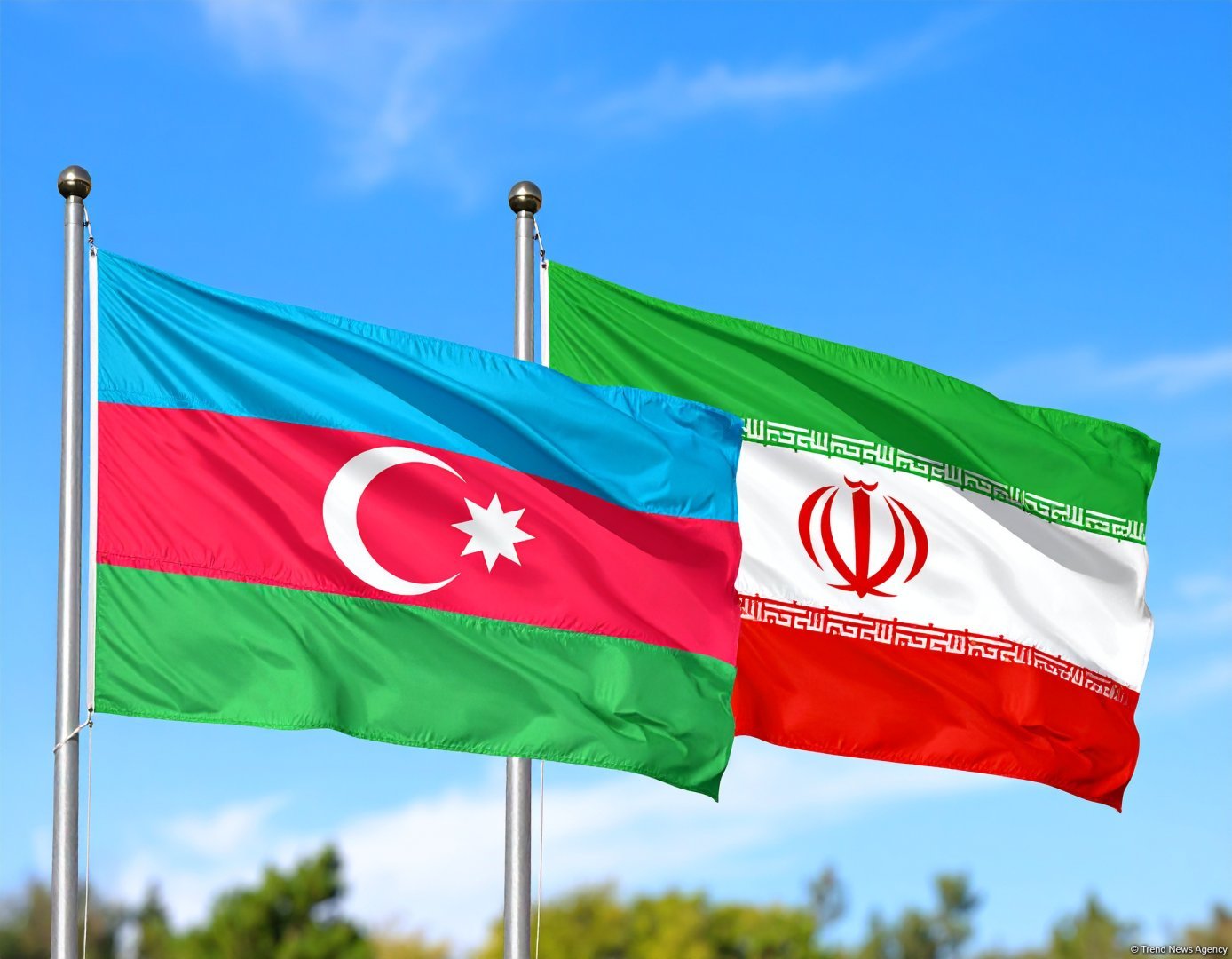BAKU, Azerbaijan, April 27. Iranian President Masoud Pezeshkian will arrive in Azerbaijan on April 28, as the two countries strengthen cooperation amid growing regional dynamics. The visit highlights the increasing strategic importance of economic ties between Tehran and Baku.
Bilateral economic relations have shown steady positive momentum. In 2024, trade between Azerbaijan and Iran reached $580 million, marking a 20% increase compared to the previous year. However, ambitions go far beyond current figures. According to Iran’s Minister of Roads and Urban Development Farzaneh Sadat, Baku and Tehran aim to boost annual bilateral trade to $10 billion within the next five years.
Iran is actively working to dismantle barriers to trade and sees its growing collaboration with Azerbaijan as a model for building ties with other regional countries. A notable aspect of Pezeshkian’s visit will be the participation of more than 100 representatives from Iran’s private sector, underlining Tehran’s efforts to make private enterprise a key driver of bilateral cooperation.
Energy cooperation remains a cornerstone of the strategic partnership. In May 2024, the two countries commissioned the Khudafarin and Giz Galasi hydropower complexes on the Araz River. Together, these projects will provide irrigation for over 400,000 hectares of agricultural land across both countries and generate up to 280 MW of electricity, significantly contributing to the energy security of border regions.
Transport infrastructure development is another major priority. Azerbaijan and Iran are actively cooperating within the framework of the International North-South Transport Corridor, which connects India, Iran, Azerbaijan, Russia, and Europe. Key projects include the construction of the Rasht-Astara railway line, set to be completed in 2025, and the launch of new road and rail bridges over the Astarachay River, both expected to significantly enhance cargo transport efficiency.
Particularly important is the planned establishment of the East Zangezur-Nakhchivan transport corridor through Iranian territory. This route will provide a direct connection between mainland Azerbaijan and its Nakhchivan exclave. Strategically, the project opens new opportunities for expanding trade and transit flows between Central Asia, the Caucasus, and the Middle East, while also reinforcing Baku’s role as a key transit hub in Eurasia.
Agricultural cooperation is also advancing to a new level. In 2024, Azerbaijan and Iran agreed to establish joint agricultural zones in border areas, expand Azerbaijani agricultural exports to Iran, and make full use of the new irrigation infrastructure tied to the Giz Galasi hydropower project. In the context of global food security challenges, strengthening agricultural partnerships has become a strategic priority, enhancing the resilience of both economies.
President Pezeshkian’s visit marks the beginning of a new phase in Iran’s regional diplomacy. Tehran’s drive to deepen relations with Azerbaijan reflects not only economic aspirations but also the strategic necessity of expanding external economic ties amid continuing international sanctions.
With its developed transport infrastructure, stable economy, and growing influence on Eurasian trade routes, Azerbaijan is becoming a vital partner for Iran and a gateway to new markets. Strengthening bilateral relations could lay the foundation for a new regional economic order, where mutually beneficial cooperation and strategic initiatives shape the future of the South Caucasus and the broader region.







